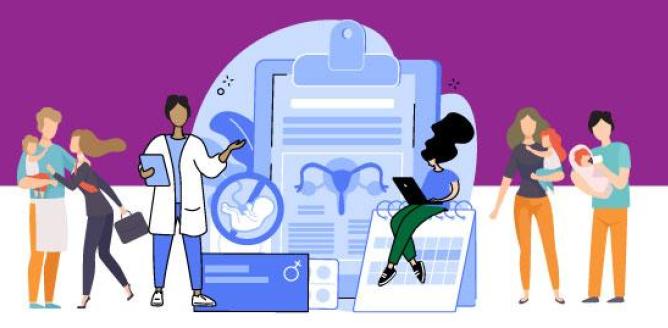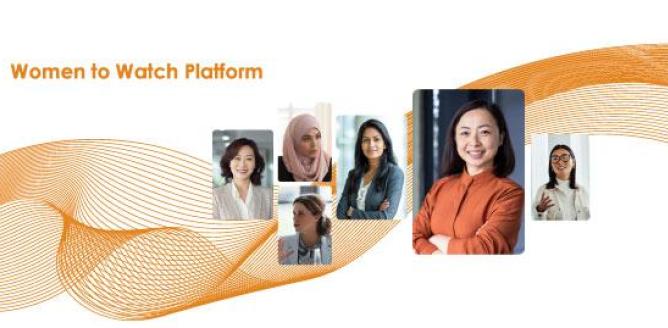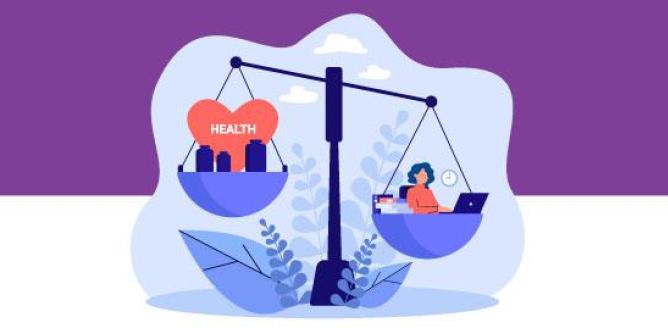At TWF we believe all people, including women and girls, have the right to safety, dignity and bodily autonomy. As part of this, it's important to ensure that people who can become pregnant have access to legal, safe and timely abortion services. This is why we - alongside so many other economies, organisations and individuals - were deeply concerned by the U.S. Supreme Court decision to overturn Roe vs Wade, removing Americans’ constitutional right to abortion.
The Women's Research Policy Institute estimates this restriction may cost America US$105 billion dollars in reduced workforce participation and more time off. At an individual level, there are potentially enormous economic and health consequences among its domestic residents, particularly for its most marginalised populations. Worryingly, the adverse impact of the US ruling may reverberate elsewhere in the world.
Despite this setback, it is encouraging to note that in the past three decades, over 60 countries have liberalised laws for sexual and reproductive health and rights. Just last year, Thailand passed landmark legislation to decriminalise abortion within the first trimester and Benin relaxed restrictions now allowing abortions in most circumstances. New Zealand has opted to reframe abortion as a health issue rather than a crime so as to allow greater protection for women and pregnant individuals seeking those services. The World Health Organisation regularly updates its guidelines and resources kit on evidence-based practices to promote quality abortion care worldwide.
Abortion law in Hong Kong holds relative flexibility, but there are still a few challenges that can be addressed. Among these, deep rooted stigma is a critical issue which can significantly impact mental well-being and prevent access to social support, which studies show can help mitigate negative effects. Access to publicly available abortion services is another hurdle as the wait time can be up to several months. During COVID-19, Hong Kong saw an uptick in the number of abortions with access to services further limited by pandemic restrictions. These issues particularly affect underprivileged women and girls who have less access to alternative resources and services.
To address these issues, several actions are needed. To combat stigma, sexual education curriculum in schools should be made mandatory and provide a more holistic education around gender awareness and sex education including understanding consent, contraceptive options, relationships, sexual health, pregnancy and the de-stigmatisation of abortion and post-abortion care. It's also important relevant bodies examine the accessibility of abortion services and ensure people are able to use them even during health crises such as COVID-19 as well as measures that can reduce the wait time for the actual procedure.
If you or anyone you know is contemplating getting an abortion in Hong Kong, please refer to this Government resource or this FAQ from Honeycombers on public and private options which also includes a list of counsellors who can help support. For educators and trainers, here is a helpful guide on how to educate others about abortion. As a family member or friend, here are ways to support someone in your life considering this option. Let's all work together to provide greater support to those needing abortion services and strengthen our efforts to be a city that values the health, safety and dignity of everyone in equal measure.
Get in touch at Fiona.Nott@twfhk.org.





















